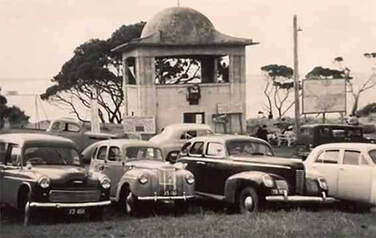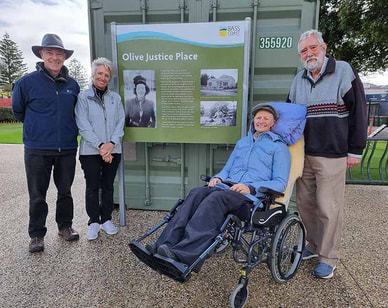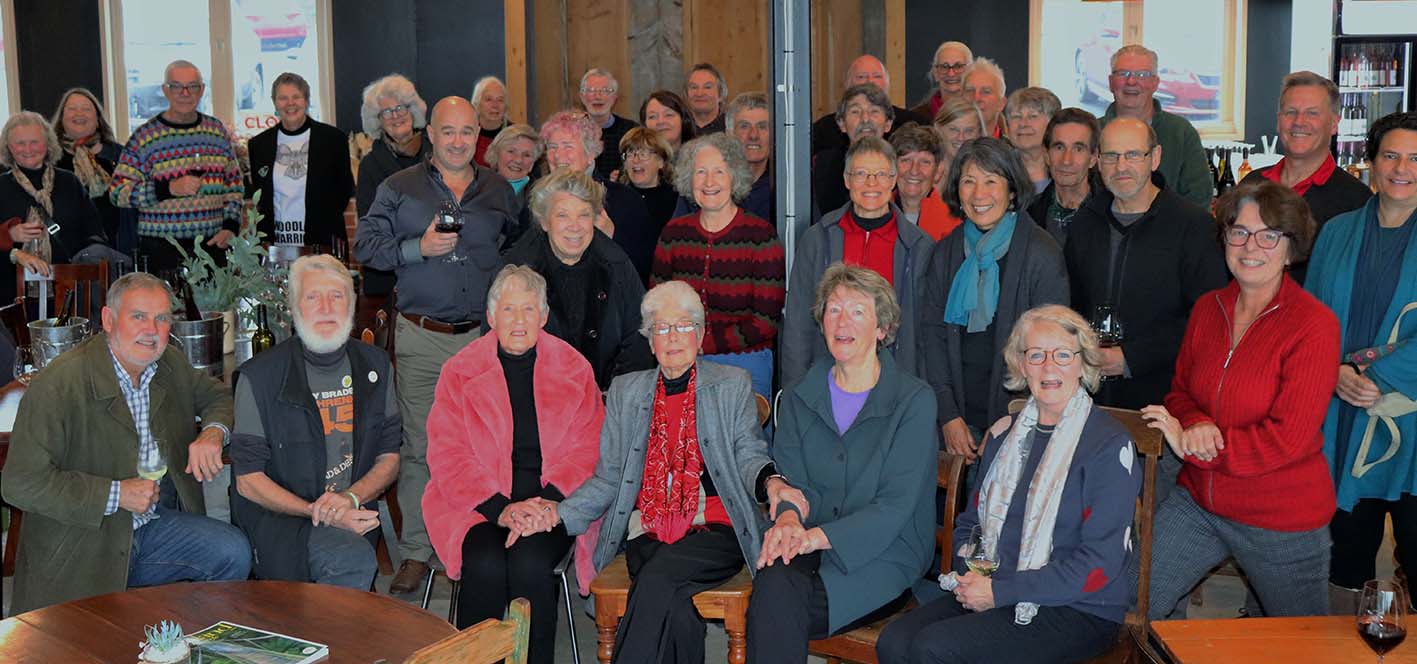 Christine Grayden applauds the musicians who built the iconic
Christine Grayden applauds the musicians who built the iconic Cowes band rotunda, seen here as it was before
windows were installed in the top storey. Photo: PIDHS
By Christine Grayden
THOUSANDS of people wander past the Cowes band rotunda at the jetty triangle each year. So I thought I would give you all some background of the history of this remarkable little Cowes icon.
The Phillip Island Band was formed in 1923 with a £50 grant from the Phillip Island and Woolamai Shire Council. The band more or less kept playing until World War Two, going into recess for the whole of the war due to members serving in the forces, or being required for essential services. The band reconvened in 1948 and operated continuously until it disbanded in 1967 due to lack of players.
THOUSANDS of people wander past the Cowes band rotunda at the jetty triangle each year. So I thought I would give you all some background of the history of this remarkable little Cowes icon.
The Phillip Island Band was formed in 1923 with a £50 grant from the Phillip Island and Woolamai Shire Council. The band more or less kept playing until World War Two, going into recess for the whole of the war due to members serving in the forces, or being required for essential services. The band reconvened in 1948 and operated continuously until it disbanded in 1967 due to lack of players.


